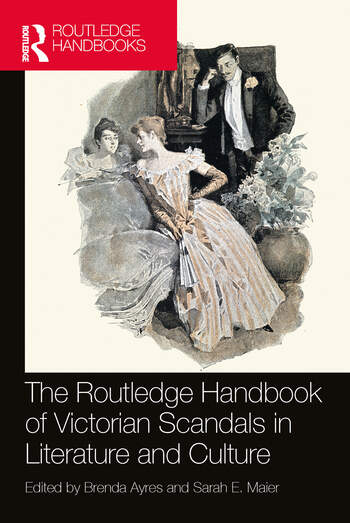
There have been various mentions that this year is the centenary of the first - if short-lived - Labour Government in the UK. Its coming to power (however limited that power was in practice) was greeted by the growing birth control movement of the period as a suitable opportunity to press for permitting advice to be given in local authority maternity clinics under the auspices of Public Health Departments. This had already been an aim of the movement - clinics had been set up to meet existing need but were few and far between, and were intended to provide a model for public provision.
Early in 1924 the Ministry of Health published the report on Maternal Mortality by Dr Janet Campbell, Senior Medical Officer for Maternity and Child Welfare. It revealed shocking levels of annual death in childbirth and widespread induced abortion; and that the risks were greater the larger the family. However, among the suggested remedies, birth control was not mentioned.
On 9 May 1924 there was a substantial deputation to the new Minister of Health, John Wheatley, by a group including H. G. Wells, Dora Russell, doctors, Labour MPs, and members of the Labour and birth control movements, to ask that 'welfare centres shall be permitted to give birth control information to such mothers as may desire it'. The focus was on the lives and well-being of working-class women. There was an assumption that better-off women would be able to obtain contraceptive advice from their private medical practitioners (there is a good deal of evidence, however, see my Hidden Anxieties, that the vast majority of doctors were ill-informed on the subject even when they were willing to talk about it).
Wheatley refused to introduce so controversial a measure involving public funds without express Parliamentary direction; arguing that religious feelings were involved and that there was no public mandate. A petition with six thousand signatures demanding an end to the Ministry's opposition to birth control instruction in welfare centres was rejected, but when submitted to the National Conference of Labour Women on 14 May, they refused 'to accept a a further shelving and temporising resolution of its executive' and voted in its favour by an overwhelming 1000 to 8.

As a result, the Workers' Birth Control Group, which had already been in the planning process, was set up. Unlike the other organisations at the time, it was not establishing clinics, but activitating public opinion, and lobbying local and central government authorities for the provision of advice in publicly funded centres. For tactical reasons, it positioned itself as representing 'working mothers', and its public face was to consist of (married) 'men and women who had known the responsibility of parenthood'. An exception was made for Dorothy Jewson, MP, one of their major Parliamentary supporters; however, although Stella Browne was very much part of the group and tirelessly addressing meetings all over the country, she was not publicly associated with it. (Her open support for the legalisation of abortion was felt to be inexpedient at the particular political moment.)
In 1930, following the passage of a wide-reaching Local Government Act by the Labour Government in 1929, the Ministry of Health quietly conceded a Memorandum 153/MCW on the giving of birth control advice in local authority clinics to women whose lives were endangered by further pregnancy. At first this was issued only to Medical Officers of Health who specifically enquired about the position, but was eventually leaked in Birth Control News by Marie Stopes and disseminated by interested parties including the WBCG.
The WBCG decided that its original intention had been achieved, and dissolved itself. Several of its leading members joined Stella Browne in the struggle for abortion law reform.
However, it was to be a long time before birth control was fully accepted as part of health care. It was not integrated into the National Health Service in 1948 and the terms under which it was provided remained those formulated in the 1930s by Ministry of Health circulars 153/MCW and 1408 of 1934 (which extended the grounds upon which advice might be given). It was left in the hands of the Family Planning Association (previously the National Birth Control Association) or the discretion of individual doctors, and not included in the curriculum of medical schools. This entire process pretty much follows the general model I laid out in my 2010 article in Socialist History 36: '"No sex, please, we'e socialists": the British Labour Party closes its eyes and thinks of the electorate'.
Contraception was finally incorporated into the NHS under the NHS Reorganisation Act 1973 - free family planning services, and supplies subject to a prescription charge. In 1974 Labour returned to power and Barbara Castle, as Secretary of State for Social Services, announced the removal of the charge, irrespective of age or marital status (as had been the situation in many areas following the permissive 1967 Edwin Brook Act). So, a 50th anniversary to celebrate as well.
Images from the Workers' Birth Control Group leaflet from the relevant file in the Family Planning Association archive in the Wellcome Library, SA/FPA/A/13/95A


